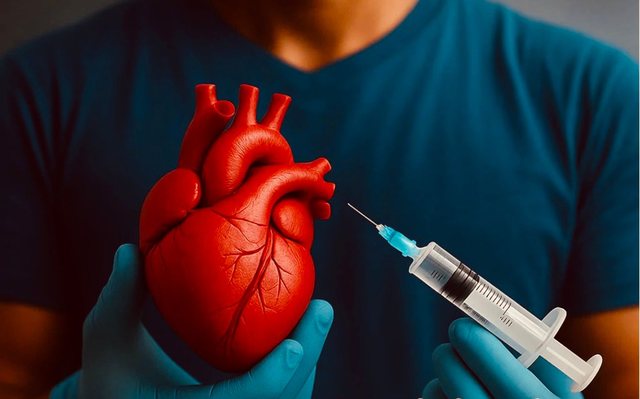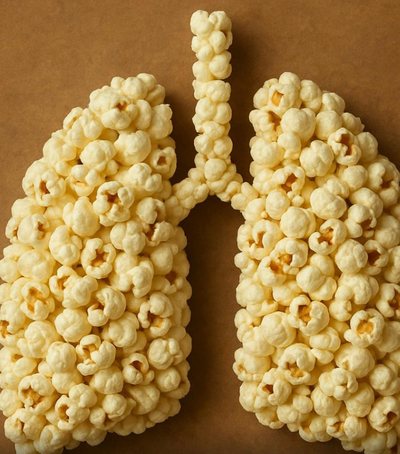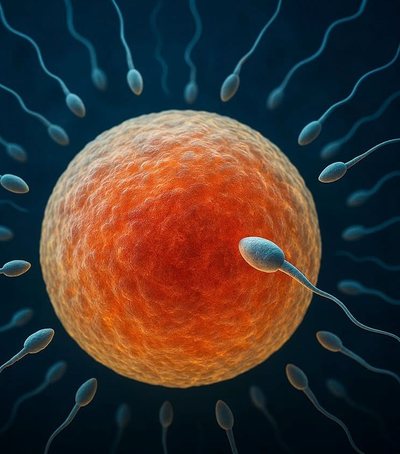
A revolutionary injection therapy, developed by scientists at Northwestern University and UC San Diego, could fundamentally change the way heart attacks are treated.
This therapy aims to prevent heart attacks before they occur.
Using protein-like polymers (PLPs), the therapy interferes with a key process between two proteins: Keap1 and Nrf2. While Nrf2 protects heart cells from stress, Keap1 inhibits its function. PLPs mimic Nrf2 and bind to Keap1, freeing Nrf2 to activate protective genes, reduce inflammation, cell death, and scar tissue formation after a heart attack.
In mouse models, a single low intravenous dose significantly improved heart function, promoted blood vessel growth, and protected cells from long-term damage.
The effect of the injection lasted for several weeks and represents a major scientific step in treating internal protein interactions that were previously considered "untreatable."
With $30 million in funding, Grove Biopharma is commercializing this platform not only for heart disease, but also for cancer and neurodegenerative diseases — offering a potentially revolutionary approach to modern medicine.
Source: https://news.northwestern.edu/stories/2025/04/injectable-therapy-could-prevent-heart-failure-after-a-heart-attack/





